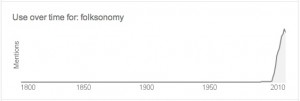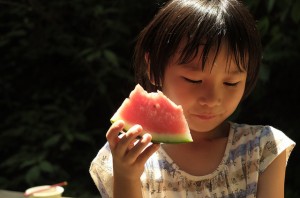“Hope 1. To have our everyday lives made simple and flexible by the computer as a personal information tool.
Hope 2. To be able to read, on computer screens, from vast libraries easily, the things we choose being clearly and instantly available to us, in a great interconnected web of writings and ideas” (Nelson, 1992, p. 15)
I am awed at Nelson’s ability to predict these things years and years prior to them occurring. I need only think to the University Library domains we have accessible to us to fully understand how accurate his musings were. Not only is this a ‘great interconnected web of writings and ideas’, but we have tools which allow us to ‘choose (what is) clearly and instant available to us’. (p.15) We can advance our search, ruling out certain keywords and providing emphasis on others, and we have the ability to save the writings and ideas for out own collection on our own device, ready to access at any time with or without the internet.

A way that we have advanced even further than Nelson’s expectations, is the expansion of technology into everyday objects. At our fingertips we now have fridges that can outline their contents from the screen outside, the same screen can also tell us the weather, give us access to Foxtel and detail the nearest supermarket. We have household weighing scales that keep track of any weight loss/gain we’ve made, and give us the option of sending the information to a social media site to keep us accountable.
Considering the initial concepts for the internet were proposed a mere 50-60 years ago, approximately half a lifetime, the rapid expansion we have already faced leaves me excited yet slightly apprehensive to what comes next. What will the coming generations, who have never known life without the internet, come up with? Is the internet going to invade every aspect of out ‘offline’ life, like the google glasses propose? Or are we almost already there? Can’t wait to see what evolves.
Reference: Nelson, Theodor Holm. Literary Machines 91.1: The Report On, and Of, Project Xanadu Concerning Word Processing, Electronic Publishing, Hypertext, Thinkertoys, Tomorrow’s Intellectual Revolution, And Certain Other Topics Including Knowledge, Education and Freedom. Sausalito: Mindful Press, 1992. Print.









